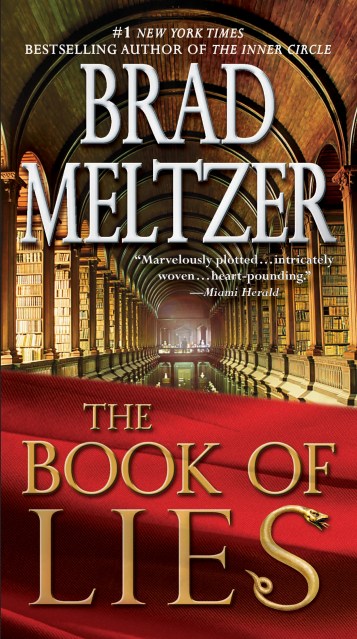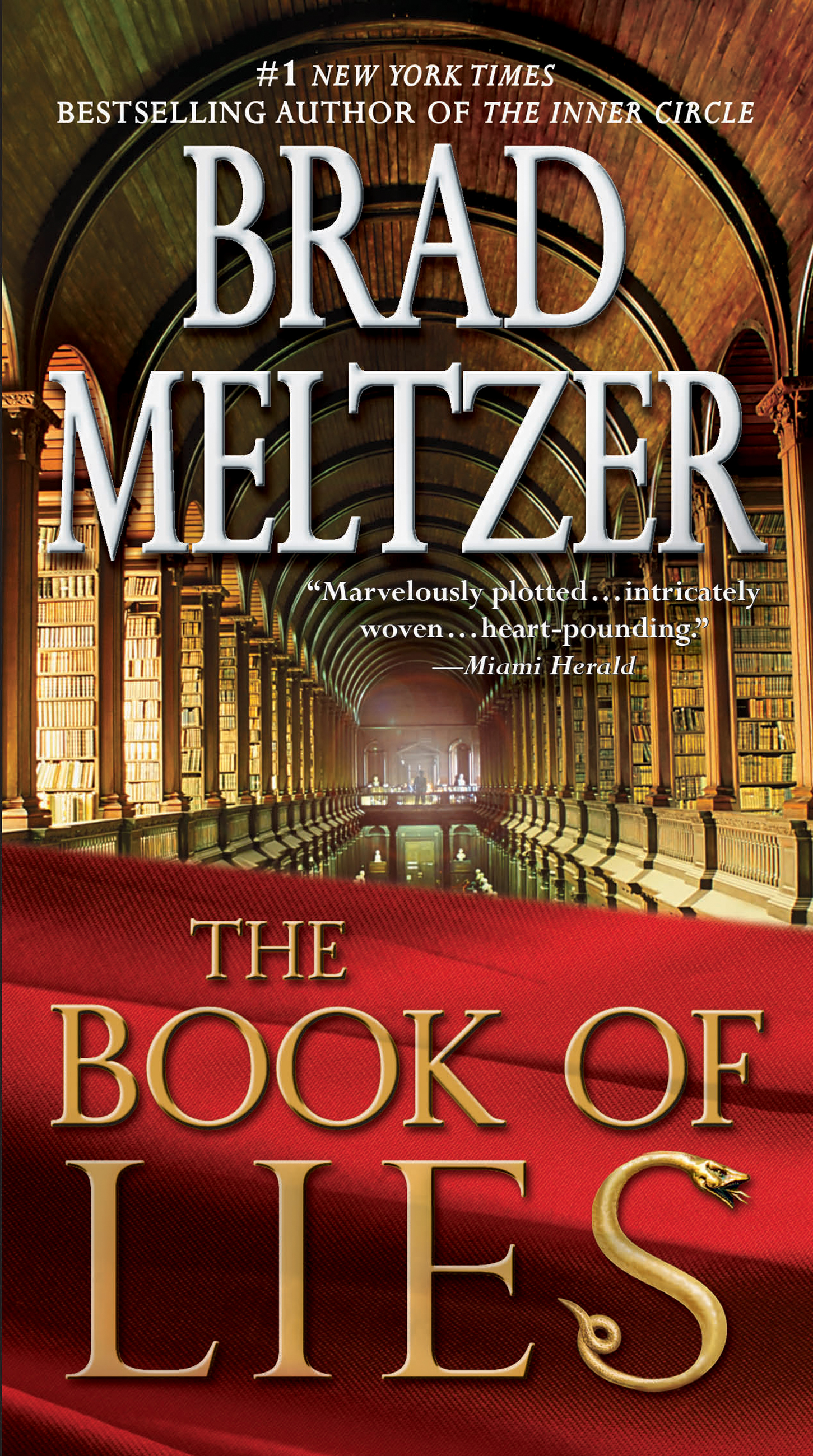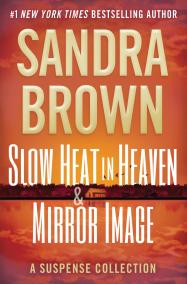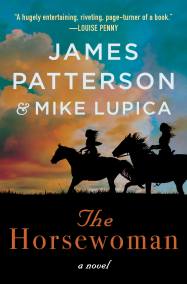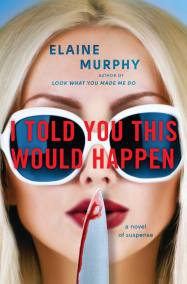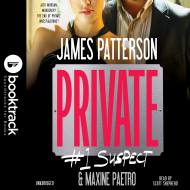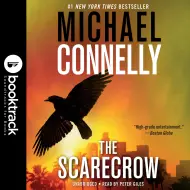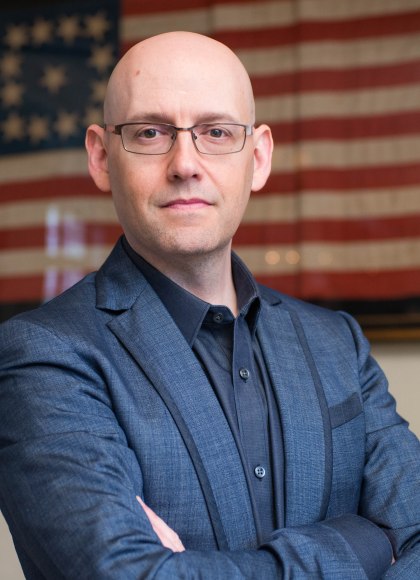Promotion
Use code MOM24 for 20% off site wide + free shipping over $45
The Book of Lies
Contributors
By Brad Meltzer
Formats and Prices
Price
$7.99Price
$9.99 CADFormat
This item is a preorder. Your payment method will be charged immediately, and the product is expected to ship on or around September 2, 2008. This date is subject to change due to shipping delays beyond our control.
Also available from:
Brad Meltzer–author of the #1 New York Times bestseller The Book of Fate–returns with his most thrilling and emotionally powerful novel to date.
In Chapter Four of the Bible, Cain kills Abel. It is the world’s most famous murder. But the Bible is silent about one key detail: the weapon Cain used to kill his brother. That weapon is still lost to history.
In 1932, Mitchell Siegel was killed by three gunshots to his chest. While mourning, his son dreamed of a bulletproof man and created the world’s greatest hero: Superman. And like Cain’s murder weapon, the gun used in this unsolved murder has never been found.
Until now.
Today in Fort Lauderdale, Florida, Cal Harper comes face-to-face with his family’s greatest secret: his long-lost father, who’s been shot with a gun that traces back to Mitchell Siegel’s 1932 murder. But before Cal can ask a single question, he and his father are attacked by a ruthless killer tattooed with the anicent markings of Cain. And so begins the chase for the world’s first murder weapon.
What does Cain, history’s greatest villain, have to do with Superman, the world’s greatest hero? And what do two murders, committed thousands of years apart, have in common? This is the mystery at the heart of Brad Meltzer’s riveting and utterly intriguing new thriller
In Chapter Four of the Bible, Cain kills Abel. It is the world’s most famous murder. But the Bible is silent about one key detail: the weapon Cain used to kill his brother. That weapon is still lost to history.
In 1932, Mitchell Siegel was killed by three gunshots to his chest. While mourning, his son dreamed of a bulletproof man and created the world’s greatest hero: Superman. And like Cain’s murder weapon, the gun used in this unsolved murder has never been found.
Until now.
Today in Fort Lauderdale, Florida, Cal Harper comes face-to-face with his family’s greatest secret: his long-lost father, who’s been shot with a gun that traces back to Mitchell Siegel’s 1932 murder. But before Cal can ask a single question, he and his father are attacked by a ruthless killer tattooed with the anicent markings of Cain. And so begins the chase for the world’s first murder weapon.
What does Cain, history’s greatest villain, have to do with Superman, the world’s greatest hero? And what do two murders, committed thousands of years apart, have in common? This is the mystery at the heart of Brad Meltzer’s riveting and utterly intriguing new thriller
Genre:
- On Sale
- Sep 2, 2008
- Page Count
- 352 pages
- Publisher
- Grand Central Publishing
- ISBN-13
- 9780446542197
Newsletter Signup
By clicking ‘Sign Up,’ I acknowledge that I have read and agree to Hachette Book Group’s Privacy Policy and Terms of Use
